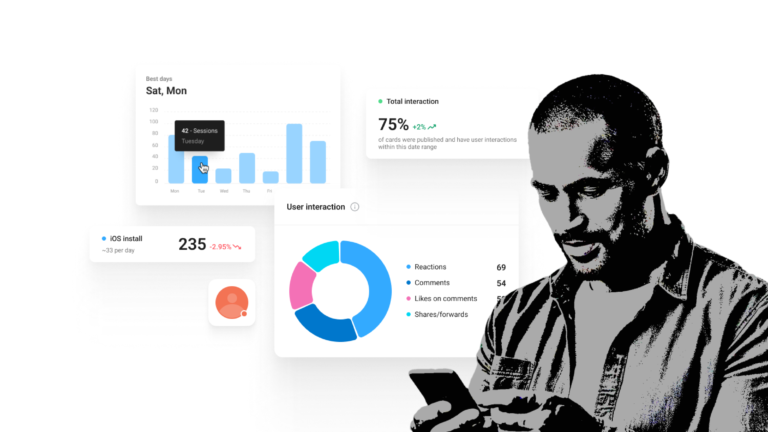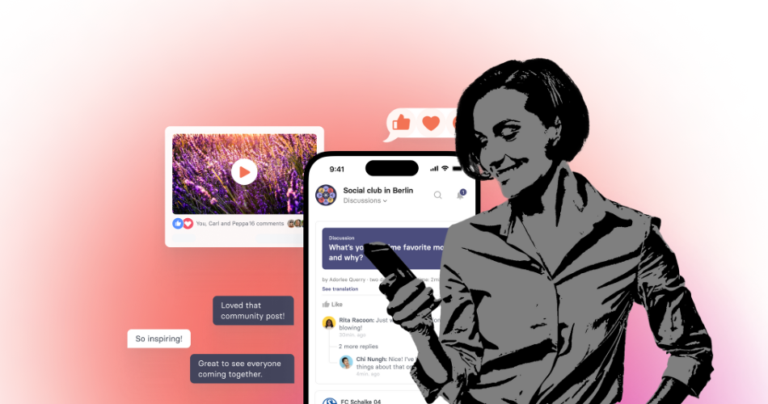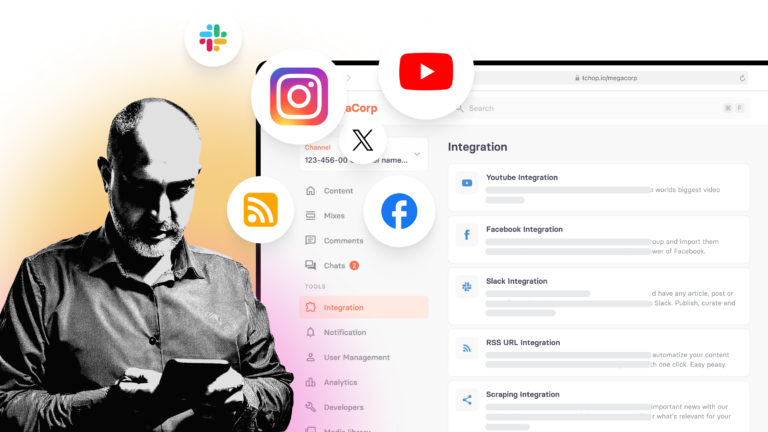
With the introduction of iOS 18, Apple has taken a significant step toward advanced Artificial Intelligence (AI) (more on this in our blog). However, these technological innovations bring user privacy and data protection back into focus. Many AI applications involve sensitive personal data, and in many cases, it’s unclear how and where this data is processed or stored. It’s no exaggeration to say that many trendy AI startups often don’t give much thought to data protection.
The good news: Apple has carefully considered this and implemented several technical measures to ensure that user privacy is protected. In this blog post, we’ll take a closer look at the key privacy mechanisms integrated into iOS 18 alongside the announced AI features.
On-Device Processing
One of Apple’s standout privacy strategies is On-Device Processing. Instead of sending data to the cloud, many AI functions are executed directly on the user’s device. This reduces the risk of sensitive information being intercepted or misused during transmission. Specifically, features like the enhanced Siri, intelligent notification summaries, and automatic transcription of audio recordings are processed directly on the iPhone (see also 9to5Mac).
Private Cloud Compute
Apple has introduced “Apple Intelligence” with iOS 18, a suite of AI features available on the latest iPhone 15 Pro series models, as well as on iPads and Macs with M-series chips. These features utilize both On-Device Processing and a specialized Private Cloud Compute infrastructure. While Apple’s hardware continues to grow more powerful, it’s clear that some AI applications may occasionally require more computational power. In such cases, tasks can be offloaded to the cloud.
This private cloud operates on Apple Silicon servers and performs complex tasks without permanently storing the data or making it accessible to Apple. This ensures that users’ personal information remains protected at all times. Apple has designed a very detailed technical architecture for this, which is now being reviewed by scientists and experts. The initial feedback has been positive.
Enhanced Security Features
iOS 18 also introduces enhanced security features that further strengthen privacy. Users can now lock individual apps with Face ID or Touch ID, even when the device is unlocked. Additionally, apps can be stored in a hidden folder accessible only through authentication. This feature prevents sensitive data from being viewed by unauthorized individuals, even if they have physical access to the device.
Controlled Access to Contacts and Bluetooth
Another important innovation in iOS 18 is the ability to grant apps access to specific contacts rather than the entire address book. This gives users more control over which information they wish to share. Similarly, the Bluetooth pairing function has been improved to ensure that apps do not receive unnecessary information about other devices on the network.
Transparency and User Control
Apple continues to emphasize transparency and user control by providing detailed information about how data is used. This includes regular security updates and comprehensive privacy settings that allow users to control exactly which data is shared and which is not.
The integration of ChatGPT is also handled in a way that ensures users are always aware of when data is being shared with third parties like ChatGPT. Users must explicitly consent, as Apple aims to prevent data from leaving the device without the user’s knowledge.
Conclusion
With iOS 18, Apple sets new standards in privacy for the use of Artificial Intelligence. By combining On-Device Processing, Private Cloud Compute, and enhanced security features, Apple ensures that users’ privacy is maintained while they benefit from the latest technological advancements.
These measures highlight Apple’s commitment to protecting user data while providing an advanced and user-friendly experience. While there are still many open questions regarding the details, the known features have received predominantly positive feedback from security experts.








